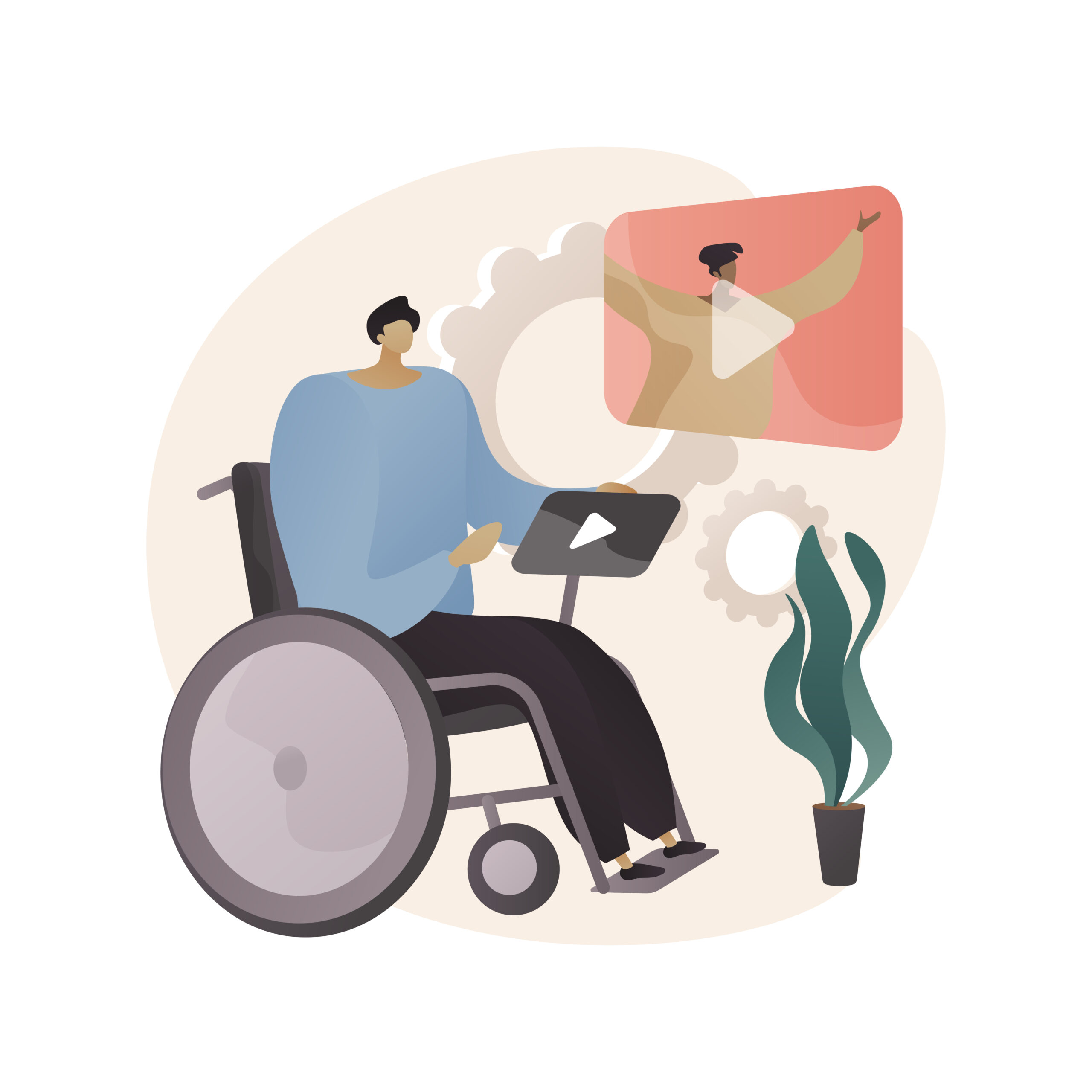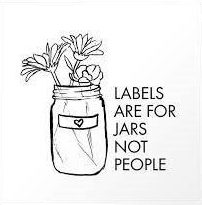SAMAVESH
Inclusive Education Programme
India accounts for over 26 million persons with disabilities (Census, 2011) of which 44.97% are those in the age group of 0-29 that need educational services. The Rights of Persons with Disabilities Act (2016) has upheld the rights of education to all and also mandated a 5% reservation for students with disabilities. However, the reality of the ground is far from making inclusive education a reality.
Lack of awareness about lives of persons with disabilities, inadequate infrastructure for making education inclusive and absence of inclusive education training within our teacher trainings curriculums have been some of the reasons that whilst students with disabilities are reaching campuses, their education is not yet inclusive.
Kirori Mal College is known for its egalitarian ethos and inclusive pedagogical practice. At present there are 107 students with disabilities across the various departments in the college and the college is committed to providing its students with disability a wholesome, inclusive educational experience. For this purpose, it has entered into a memorandum of understanding with XRCVC (Xavier’s Resource Centre for the Visually Challenged, St. Xavier’s College, Versova, Mumbai) and SAKSHAM – both leading names in the area. While with the former it has entered into a collaboration for the Shamil project, with the latter it has organised Aarohan.
Project Shamil
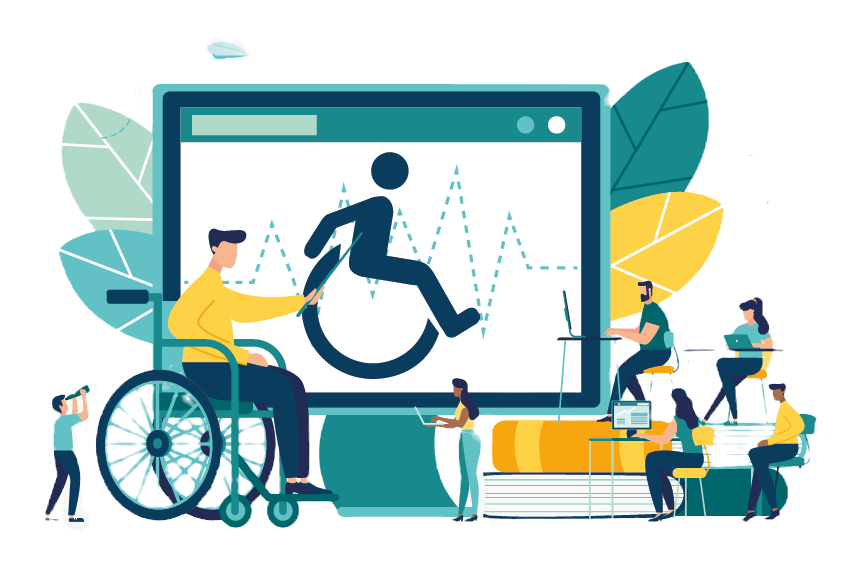
In August 2021, the Centre for Disability Research and Training, Kirori Mal College, in collaboration with Xavier’s Resource Centre for the Visually Challenged (XRCVC), launched Project Shamil, which stands for – Services Harnessing Accessibility Models to Inclusive Learning. This project focusses on a model of the 360-degree approach to inclusion, involving various initiatives for both disabled students and faculty, working towards building an accessible and inclusive environment across the campus.
The project aims to function on broad categories of services such as Examination Support which involves assistance to disabled students during examinations, Academic Support both within and outside classrooms, involving assistance in taking notes or recording in classes or general mentorship and soft skill training after classes. Moreover, it seeks to provide various formats of accessible content customised to the students’ needs along with making the campus life as accessible for the disabled students as possible, be it in classrooms/hostel rooms or sports grounds and other recreational activities. Ultimately, Shamil is an initiative to provide disabled students with a truly inclusive atmosphere in college, covering both academic and social facets of higher education.
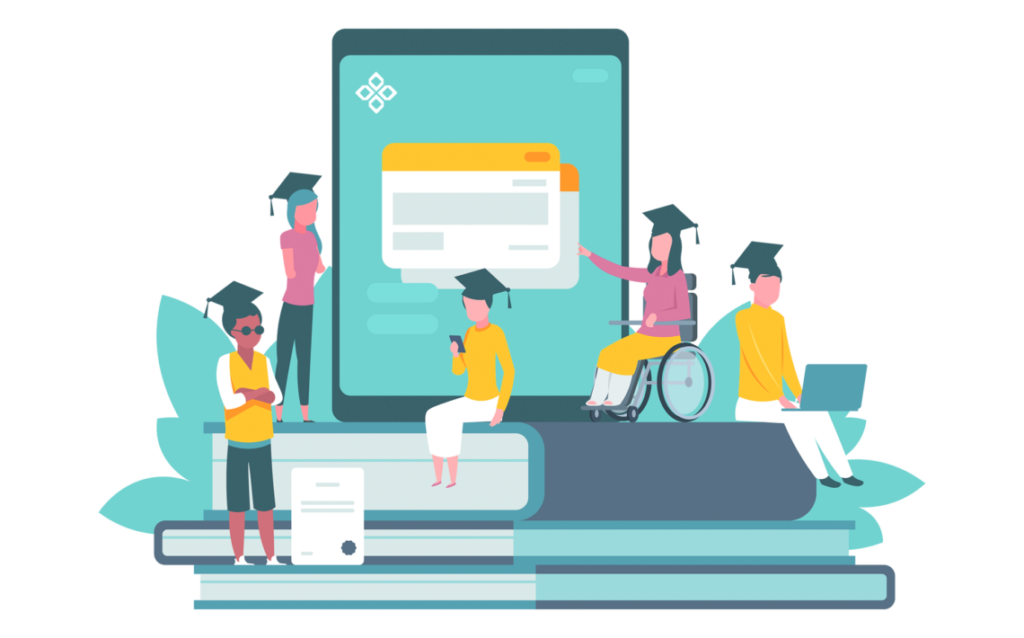
Project Aarohan
In September 2021, the Centre for Disability Research and Training, Kirori Mal College, in collaboration with Saksham, launched Project Aarohan – an initiative towards creating opportunities for inclusion of students with Blindness and Low Vision in Higher Education. The objective of this project is to create a level playing field for these students by providing them with reasonable accommodation based on their need-assessment. In pursuit of the above goal, we profile the students with blindness or low vision in college, identify their specific needs and provide them with customized solutions and support services to maximize their potential.
Under this project, assistive devices such as Laptops, Electronic (Refreshable) Braille Display, Daisy Players (digital recorders) and Tablets have been distributed to the visually impaired undergraduate students of the college. Besides spreading awareness about and equipping the students with assistive technology, Project Aarohan seeks to conduct sensitization workshops for students and faculty alike. To prepare disabled students for employability, it aims to offer career counselling and mentoring sessions, provide accessible and tactile academic material, organise training sessions on software for STEM subjects and suggest infrastructural modifications in college. The project thus aims to create an inclusive teaching and learning atmosphere in campus and empower these students by providing them with platforms for their sustainable socio-economic, academic and professional upliftment, so that they can become significant contributors in India’s growth story.
Both these projects have been rolled out by the Centre for Disability Research and Training and implemented through Prayas- the Enabling Unit of the college and its over 75 committed volunteers. CDRT and Prayas together are in fact breaking the ableist divide by interrogating the hegemony of normalcy and empowering people with disability on campus thereby, making Kirori Mal College a true exemplar of inclusive education.
SUB-UNITS
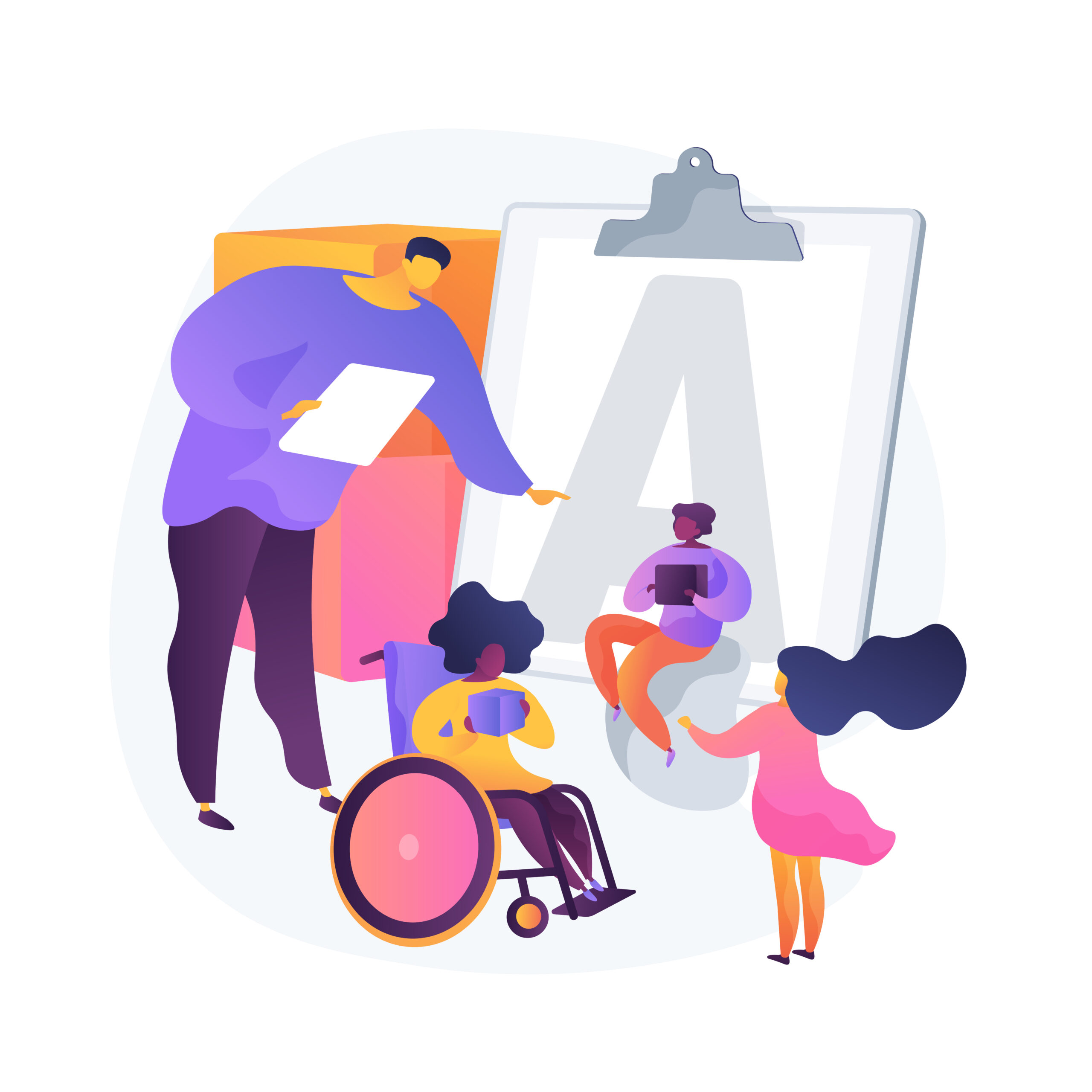
Paramarsh
The Counselling Service
At the Centre, our goal is to create an equitable environment for students with disabilities on campus, ensuring they have a comprehensive and inclusive experience. To achieve this, we begin by profiling all PWD students who join the college, identifying their specific needs, and providing customised solutions. We compile a list of required accommodations for each student and collaborate with the college’s enabling unit to ensure these needs are met. We also conduct focus group discussions with teachers and departments to determine the necessary pedagogical accommodations for students according to their disability. Our follow-up program includes monthly consultations to support teachers in applying inclusive practices in their classrooms and addressing challenges as they arise. Additionally, we gather feedback from students to suggest infrastructural modifications to the college administration, such as those related to making the library more accessible and improving the navigation system in college. We also host workshops to increase awareness and understanding of inclusive education among faculty members. Furthermore, we identify students eligible for government schemes, such as scholarships and assistive technology devices.
Our belief is that every person with a disability deserves the best opportunity for a successful future, and we are committed to providing them with the resources and support they need to thrive.
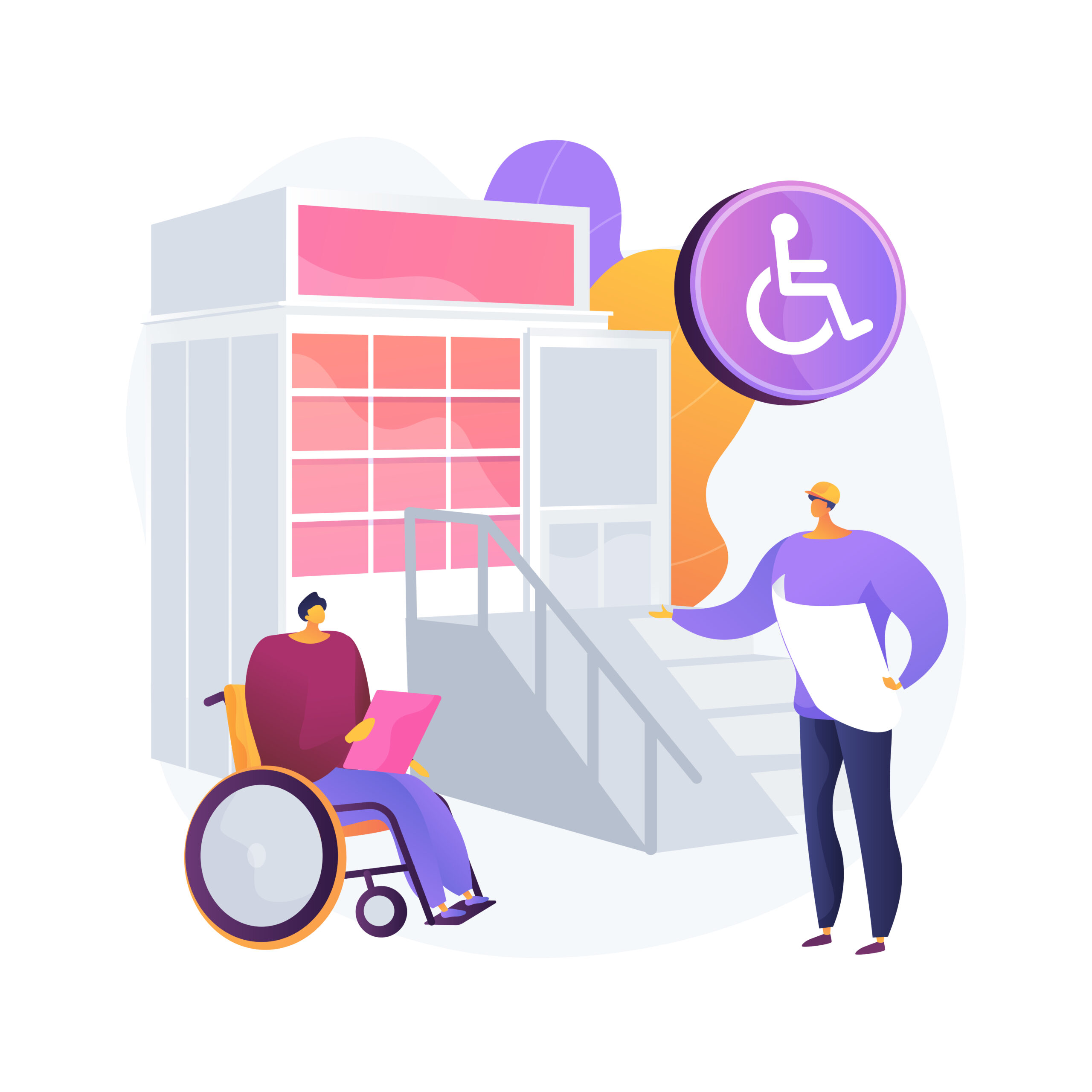
Samarthan
The Human and Technological Support System
The Right to Free and Compulsory Education (RTE) Act, 2009, guarantees free and compulsory elementary education for all children aged 6-14 years, including those with disabilities. However, while more students with disabilities are entering our universities, true inclusive education in higher education remains a challenge. To address this, we provide complete human and technological support to students with disabilities, ensuring an inclusive academic environment by offering scribes and other necessary accommodations in accordance with Delhi University guidelines. The centre through the enabling unit of college, Prayas, provides volunteer assistance, including note-takers, lab assistants, and sign language interpreters when needed. Additionally, we offer mentorship, tutoring, reading services, computer training, mobility programs , as well as counselling and guidance to support students throughout their academic journey.
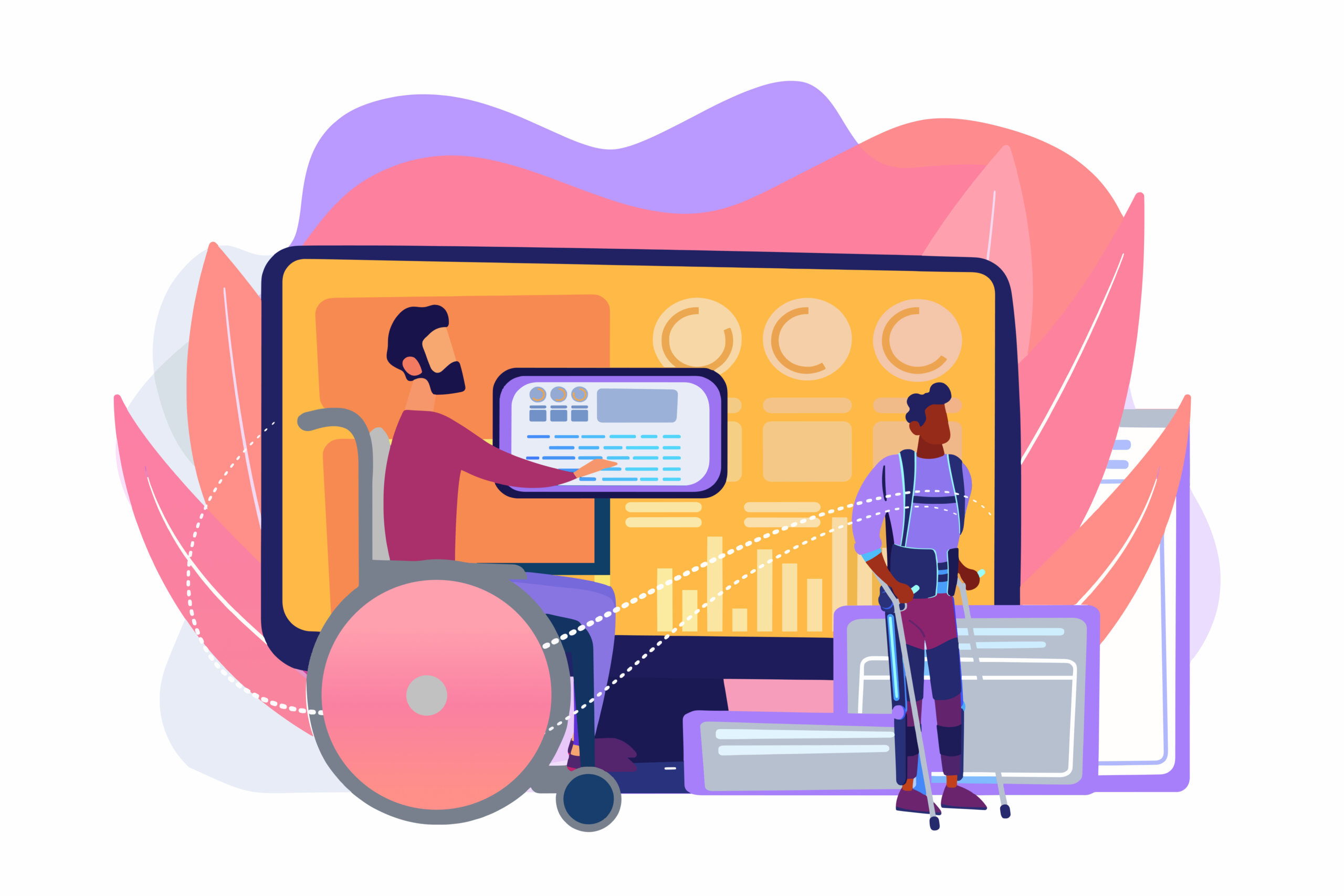
Prashikshan
The Capacity Building and Skill Enhancement Centre
To promote self-reliance and enhance the technological knowledge among students with disabilities, we offer need-based programs in assistive technologies, specialised skill training in computer programs such as MathType and InftyReader, personality development and mobility training, supporting their academic and professional success. We keep students updated on the latest assistive technology solutions and ensure they have access to necessary devices at an affordable cost, along with the required training. One of the major challenges to inclusive education is the lack of accessible reading materials. To tackle this issue, we provide training for staff and student volunteers to create accessible content in a cost-effective and time-efficient way.
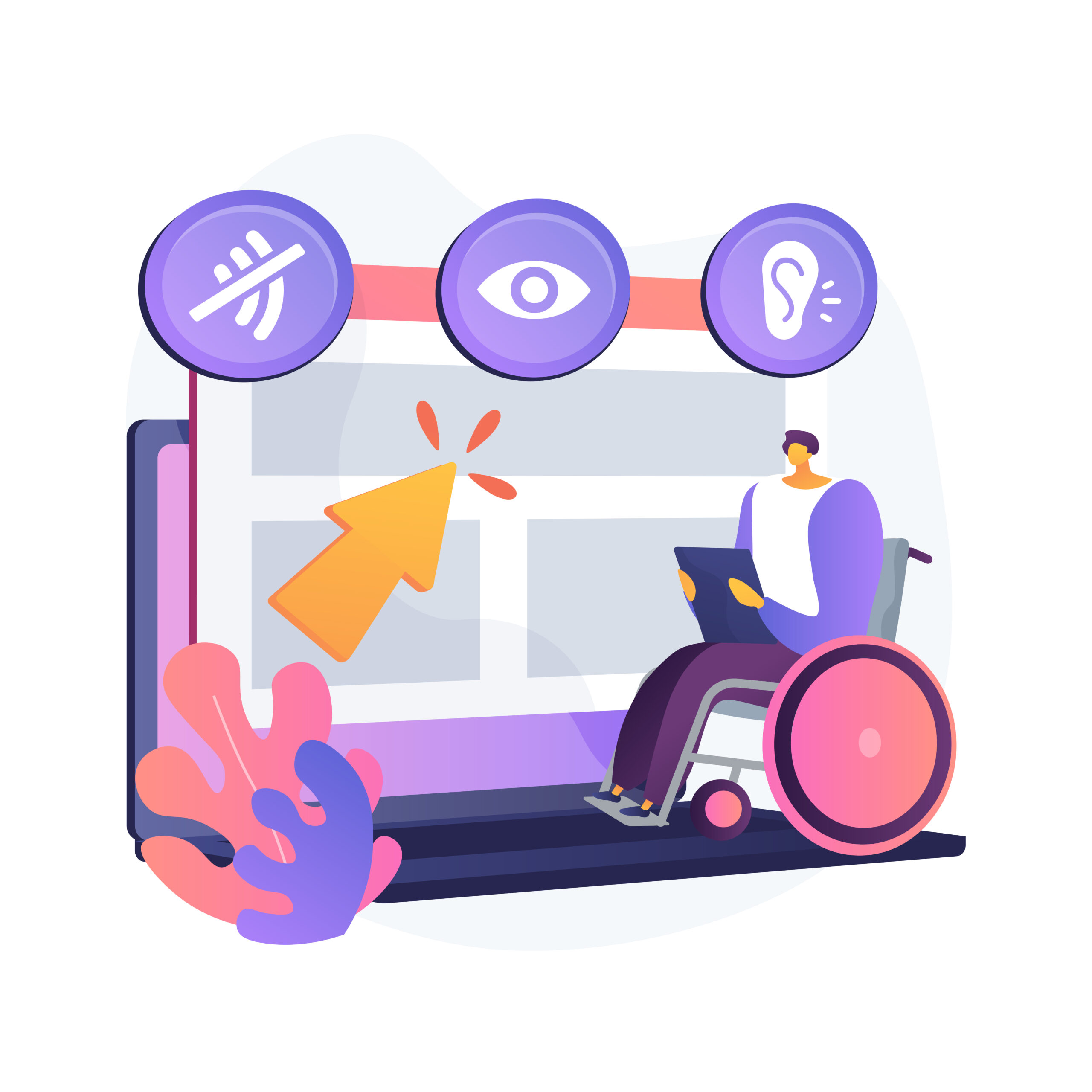
Sulabh
The Accessible Study Material Repository
At the Centre, our ongoing mission is to ensure that inaccessible content is converted into accessible formats for students with disabilities. To facilitate this, we have established a dedicated counter where students can submit requests for instructional materials in accessible formats, which are promptly fulfilled. We regularly assess content needs to ensure that tactile books and other materials are provided as required. Our goal is to convert at least 20,000 pages of inaccessible content into accessible formats within an academic year and upload them to Sugamya Pustakalaya. We are committed to providing these students with accessible study materials through resources like Sugamya Pustakalaya, Bookshare, and Amazon Kindle. Additionally, we help students register on online libraries such as Sugamya Pustakalaya and Bookshare, allowing them to independently download the materials they need.
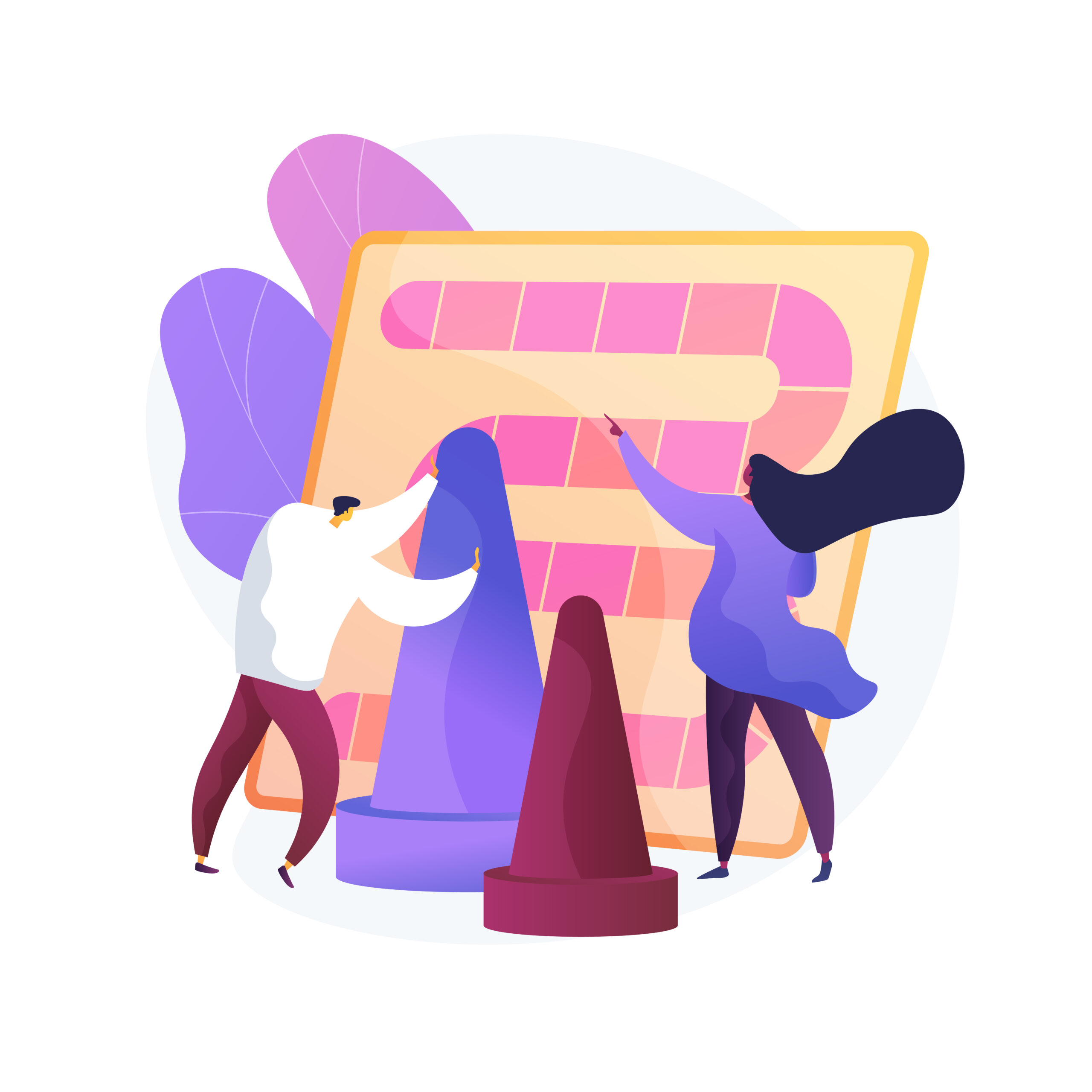
Kriyangan
The Recreational Club
At the Centre, we understand the vital role that sports and recreation play in the rehabilitation and well-being of individuals with disabilities. Our goal is to promote inclusivity through accessible sports and recreational activities. We have carefully designed our programs to cater to a wide range of disabilities, offering various accessible indoor and outdoor activities such as blind races, cricket, football, theatre, and music performances. Inspired by the Paralympics, which celebrate the exceptional abilities of athletes with disabilities, we are committed to applying universal design principles and providing personalised support to meet the unique needs of our students. By fostering an inclusive environment and implementing these strategies, we aim to remove barriers and ensure that everyone has the opportunity to fully participate in recreational activities, thereby enhancing their lives and contributing to a more inclusive society. Looking ahead, we plan to introduce activities such as wheelchair races, volleyball, and basketball, offering new opportunities for students with disabilities and encouraging them to pursue excellence in sports.

Aajeevika
The Placement Cell
The Placement Cell of the Centre for Disability Research and Training – Aajeevika plays a pivotal role in connecting students with disabilities to the professional world. It offers comprehensive support in placement assistance, employment counselling, and guidance on self and social entrepreneurship. We collaborate with various companies and NGOs to facilitate on-campus job placements, internships, training sessions, and workshops. We also host a series of career guidance workshops, where sessions are periodically organised to inform students about job opportunities available in various sectors for persons with disabilities. During these sessions, professionals with disabilities from different fields share their experiences and engage in interactive discussions about the scope, required skills, and other relevant aspects of specific job options. These sessions aim not only to educate students about the various employment avenues available but also to equip them with the necessary support and skills they need to pursue their chosen careers.
Assistive Technology
It is our endeavour at the Centre to provide all students with disabilities admitted to the college with customised solutions for their specific needs. For this purpose, we have established a resource centre at the college, which includes an experience zone featuring a range of useful solutions. This centre allows students and faculty with disabilities to explore and select appropriate assistive technology solutions. We also organise assistive device distribution events, where specified assistive devices such as laptops, DAISY players, and tablets are made available to students with disabilities. Aimed at ensuring independence, we also provide need-based programmes in assistive technologies for students with disabilities. Additionally, we organise Assistive Technology Exhibitions to promote understanding of the myriad possibilities of assistive technology.
Know More
